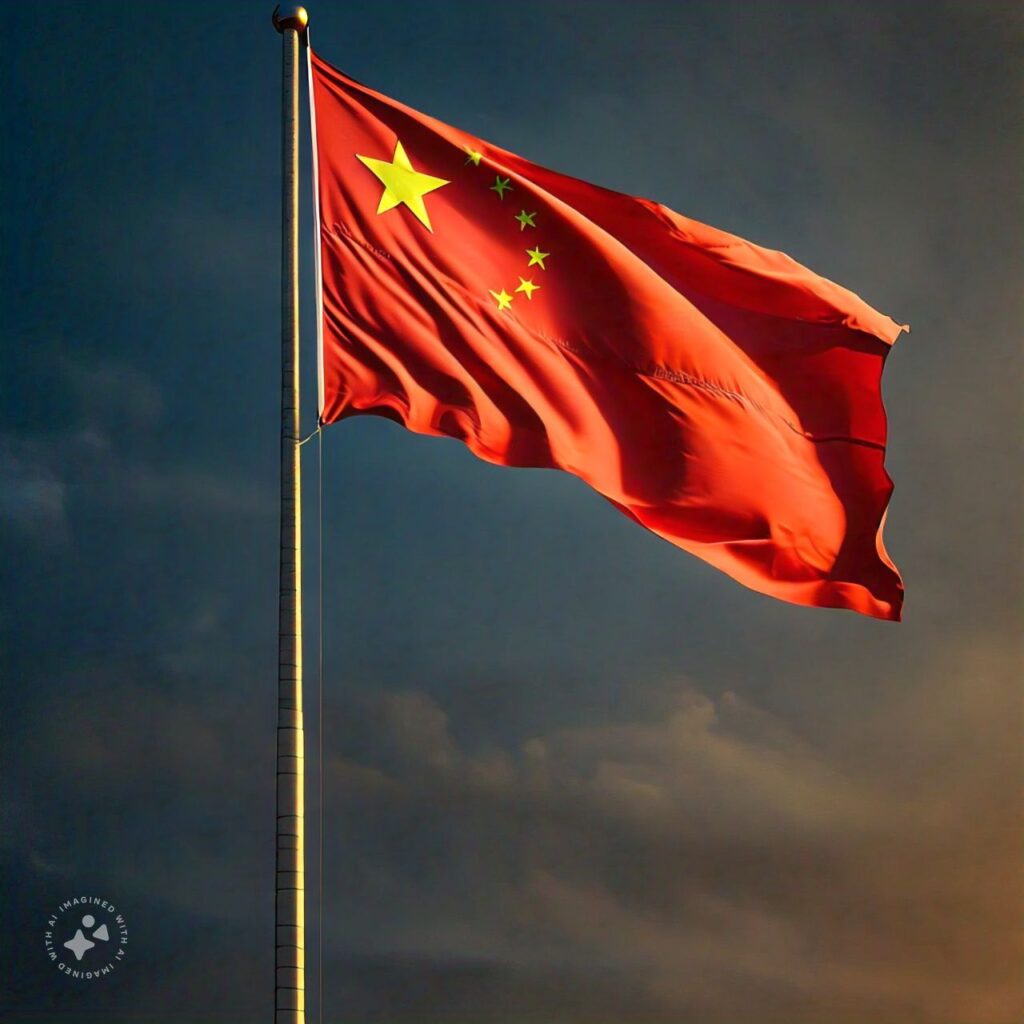
Xiao Feng of HashKey suggests that Trump’s crypto-friendly policies might prompt China to re-engage with the digital asset market. Meanwhile, Trump has appointed Elon Musk and Vivek Ramaswamy to head a new tech-centric government department, indicating a pro-crypto position.
HashKey Group Chairman Xiao Feng recently stirred discussions in the digital asset space by suggesting that the pro-crypto policies under the Trump administration could prompt China to reintroduce its digital asset market within the next two years. Feng noted that recent global events, particularly Western sanctions like Russia’s exclusion from the SWIFT payment system in 2022, might push China to reconsider its crypto stance. These sanctions, Feng argued, have exposed vulnerabilities in the global financial system, which could drive China to accelerate its adoption of digital assets as a way to counterbalance Western influence. According to Feng, the Trump administration’s aggressive pro-crypto measures reflect a broader commitment to advancing the sector in the U.S., and this momentum could force China to reevaluate its position. As a result, China may be compelled to reintegrate itself into the digital asset market as part of a strategic shift in response to global developments and increasing competition from the U.S. and other crypto-friendly nations.https://x.com/CatchTheLatest/status/1857001087712002506?ref_src=twsrc%5Etfw%7Ctwcamp%5Etweetembed%7Ctwterm%5E1857001087712002506%7Ctwgr%5Ec08518fc8e9744ffb8c51006a9e12303664fe8e9%7Ctwcon%5Es1_c10&ref_url=https%3A%2F%2Fwww.crypto-news-flash.com%2Fchina-may-reconsider-crypto-ban-amid-trumps-pro-crypto-policies%2F
China’s Crypto Position Under Scrutiny as Global Pressure Mounts Following U.S. Policy Shift
China implemented a strict ban on crypto trading and mining in 2021, mainly targeting decentralized finance and speculative trading. However, HashKey Group Chairman Xiao Feng believes that the pro-crypto policies under Trump could prompt China to reconsider its position. Feng suggests that these U.S. policy changes could trigger a chain reaction, encouraging China to explore re-engaging with its digital asset market to remain competitive in the global financial landscape.
Historically, China has maintained tight control over financial markets and digital assets, with a focus on centralizing power and regulating financial technologies. Despite this, Western countries are increasingly adopting digital currencies and blockchain technologies, creating new economic opportunities. Feng warns that if China continues to suppress the crypto sector, it risks falling behind in technological innovation and economic growth, particularly in areas like decentralized finance and blockchain infrastructure, where Western nations are making significant strides.
As other countries integrate cryptocurrencies into their financial systems, China faces the potential risk of missing out on these advancements, further eroding its competitive edge in the global market. If China does not adjust its approach to digital assets, it could lose out on both economic opportunities and technological progress that are rapidly shaping the future of global finance.
Shifting Strategies in Asia’s Financial Landscape Amid Changing Policies
Trump’s strategic timing of his crypto policies has led to speculation about China’s future role in the evolving financial landscape. Hong Kong, a key hub for Asia’s crypto industry, could become crucial if China decides to ease its crypto restrictions. As noted by Feng, Hong Kong’s crypto-friendly regulations might allow China to re-enter the digital currency market indirectly, maintaining control over its financial operations. This approach would let China cautiously engage with global digital finance through Hong Kong, avoiding the need to fully lift its crypto ban.
In a separate development, Trump has made notable moves outside of crypto, appointing Elon Musk and Vivek Ramaswamy to head the newly established Department of Government Efficiency (D.O.G.E.). Their leadership will span until July 2026, marking another significant shift in Trump’s administration strategy.


Ищите в гугле